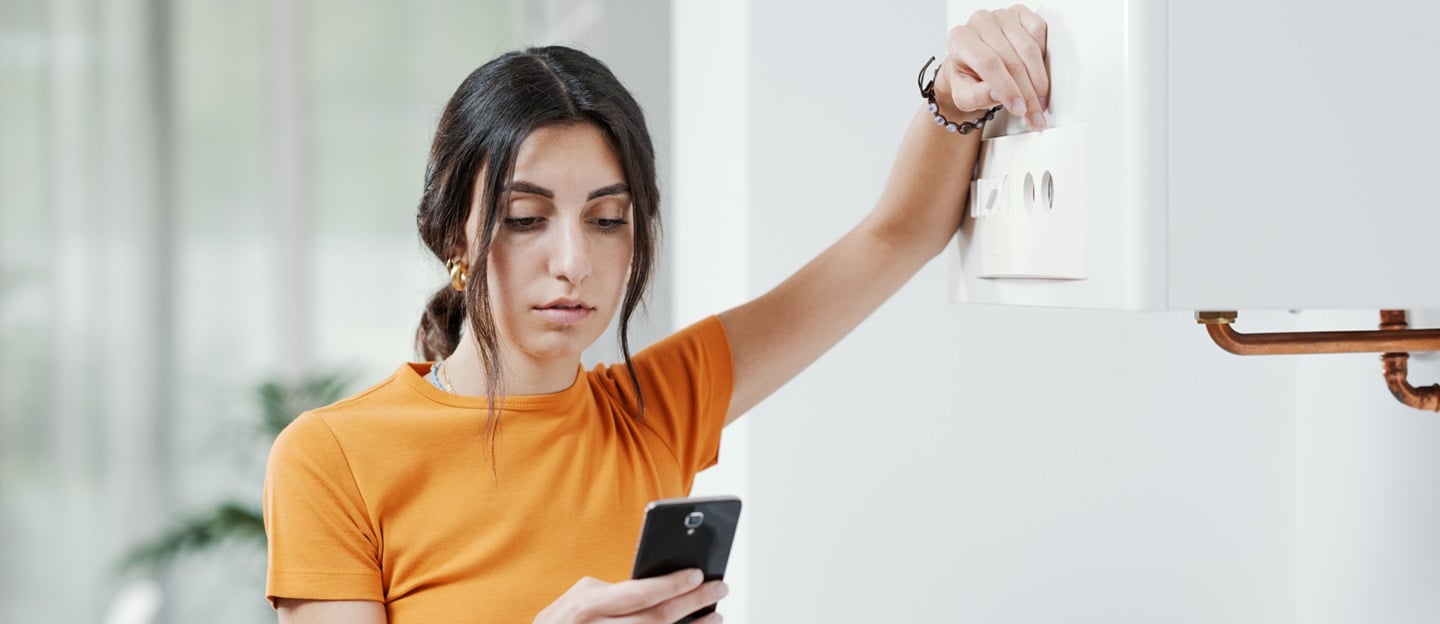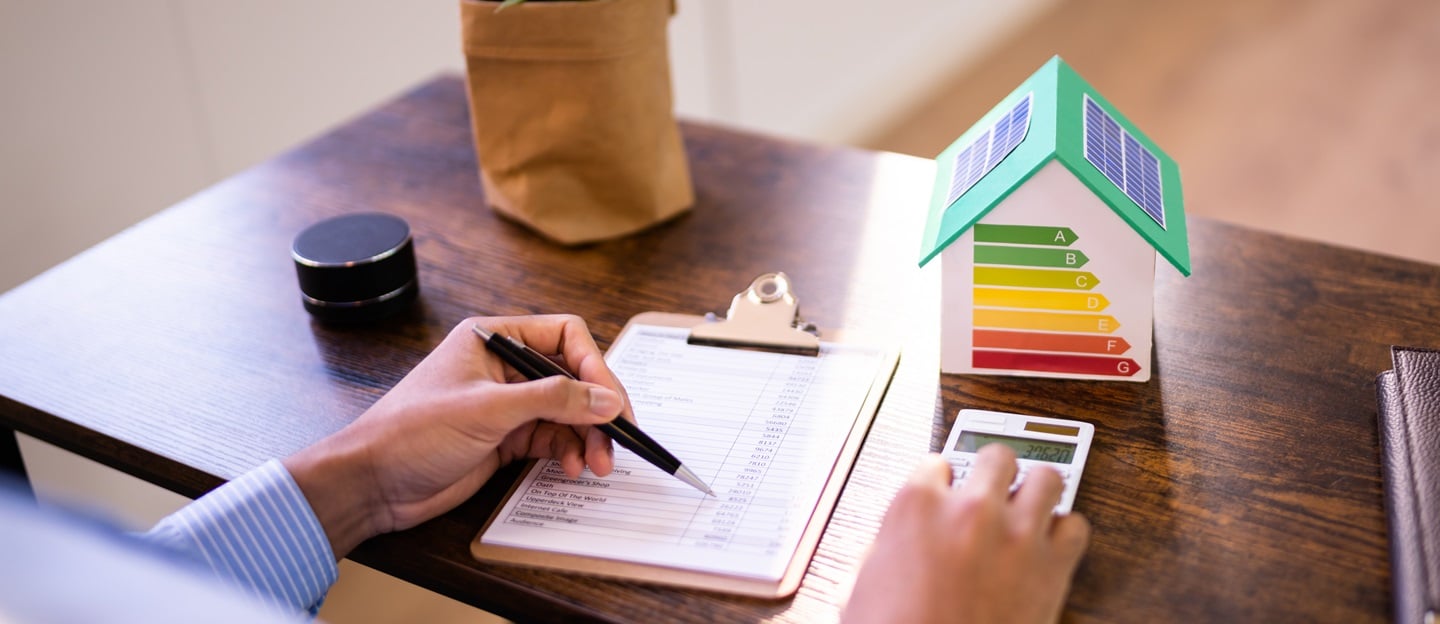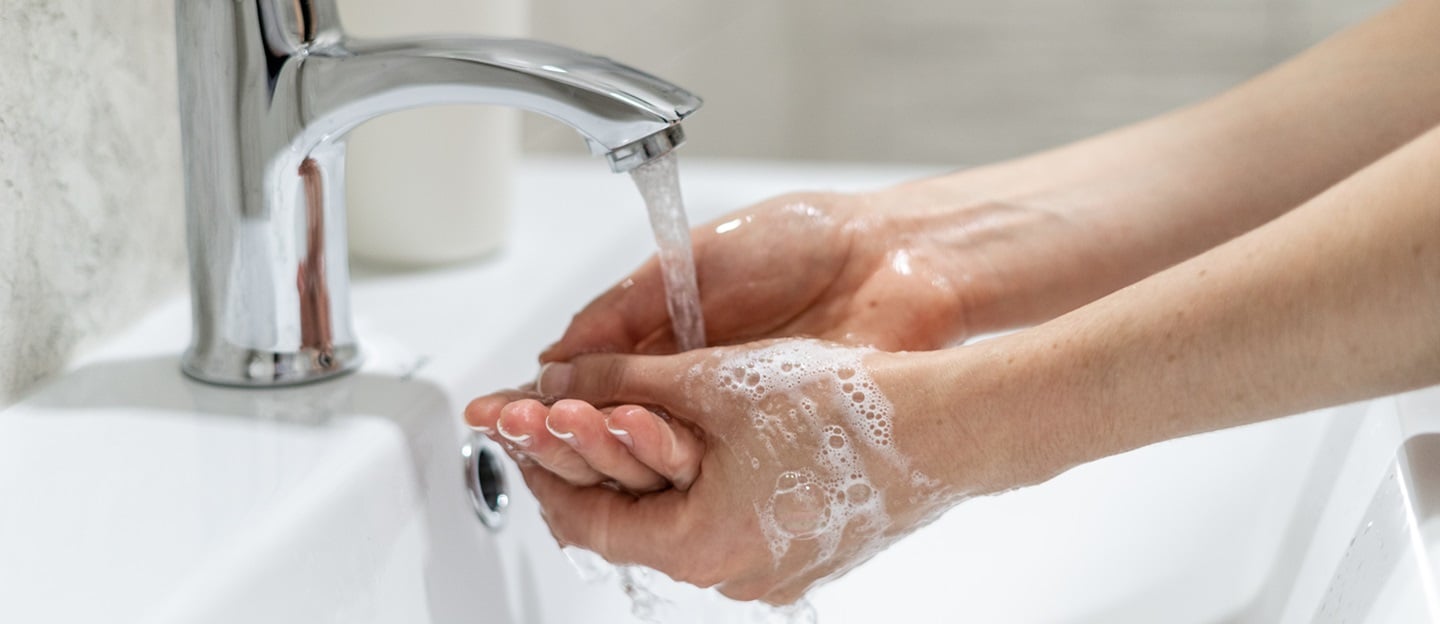Air conditioner does not cool: causes and what to do
Is the air conditioner not cooling well? Find out what the possible causes are and what checks to carry out to locate the problem.
Air conditioner does not cool: possible causes and what to do
An air conditioner is an indispensable device in a lot of homes these days to mitigate the temperature in summer and ensure optimal thermal comfort. However, when the appropriate periodic maintenance is not carried out, it can sometimes malfunction.
A common problem is when the conditioner does not cool the air, which can be caused by various factors. The majority of cases require the help of a qualified technician; nevertheless, it is important to understand the situation and find out why the problem occurred.
Here are some of the main causes of an air conditioner not cooling and what to do in these circumstances to identify the problem.
Why does the conditioner no longer produce cool air?
When an air conditioner does not cool indoor environments properly, it means there is a problem but it is not always a serious fault that will be expensive to fix. In some cases, the cause could be simple and easy to resolve so it is important to proceed step by step and assess a series of possible causes of the malfunction.
The air conditioner turns on but does not cool
If the air conditioner turns on but does not cool, the problem could be due to incorrect settings on the remote control. The first thing to do is check the air conditioner’s settings, using the remote control to ensure that the device is configured in the correct cooling mode.
In most air conditioners, you can recognise this function by the word Cool and the snowflake symbol. Some air conditioners can operate in other modes too, like dehumidification or heating. In those cases, the failure to cool the air might be due to an incorrect setting so always carry out this simple check to see if it solves the problem.
If the air conditioner is new, the problem could be due to insufficient power for the size and characteristics of the rooms being cooled. This can be resolved by choosing the proper size of the air conditioner correctly with the help of experienced professionals in order to choose the right air conditioning system for the home that you want to be cooled.
Another reason could be a leak in the refrigerant gas closed circuit. This substance is essential for the correct operation of the air conditioner. If there is insufficient gas, the system cannot cool the house. This situation also requires the intervention of a qualified technician, who should inspect the air conditioning system, identify the leak, repair it and refill the refrigerant gas in the circuit.
Other reasons why the air conditioner does not cool
Another reason for an air conditioner’s failure to cool can be dirt in the external unit, when a lack of maintenance causes dust and dirt to build up and compromise heat exchange. In other circumstances, the fault could be due to reduced ventilation, for example if the filters are blocked or the fan is not working.
What to do if the conditioner does not cool the air
If the air conditioner does not cool and you can’t fix the problem yourself – for example, if it is not just a problem with a wrong setting on the remote control – you will need to call a specialist technician. Always avoid trying to repair the air conditioner yourself so you do not put yourself in danger or risk damaging the air conditioning system.
To reduce the risk of this problem occurring, it is important to always perform the proper ordinary maintenance on the air conditioner, regularly cleaning the filters, the split unit and the external unit to remove dust and dirt. Maintenance should be performed on the air conditioner at least twice a year, generally before and after the period of use, i.e. summer, so in spring and autumn.
It is also advisable to contact a technician to perform extraordinary maintenance at least once a year, so that a professional can inspect the system, check the condition of the components, check the level of refrigerant gas and replace any faulty elements. This can help to extend the useful life of the air conditioner, ensure adequate indoor comfort in summer and avoid the majority of problems.





